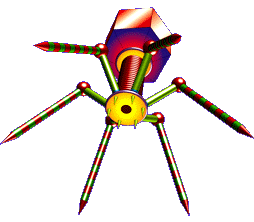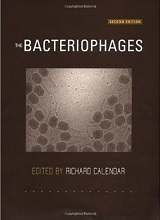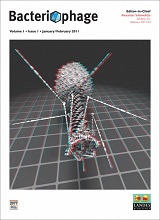

Exchange of dissimilar DNA pieces between different locations on chromosomes.
Reciprocal translocation is similar to non-reciprocal translocation in that there is exchange of sequence rather than just movement of a single sequence from one place to another.
As with chromosomal inversions, the result can be no loss of DNA, though errors during meiosis can result, as well as partial anueploidies among offspring. That is, partial trisomies or partial monosomies.
Reciprocal translocations by and large are due to errors in recombination that exchange chromosomal parts that should not have been recombining in the first place.
For more on this topic, see Wikipedia and Google. Contact web master. Return to home.











